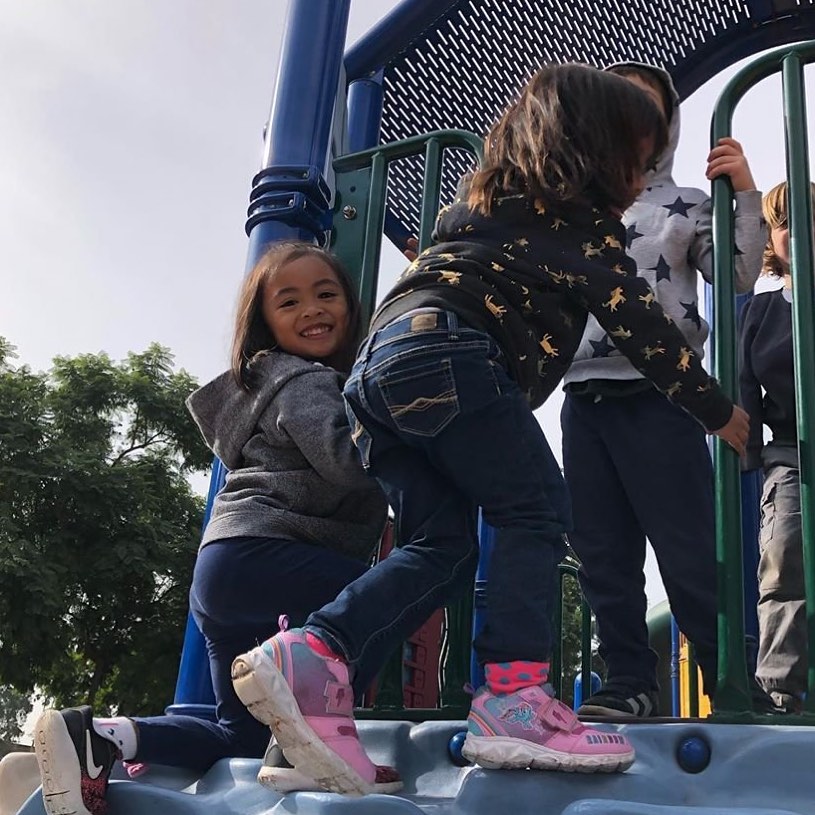Children’s sense of competence and self-worth grow as they learn to take care of themselves and help others. Teachers appeal to a young child’s desire to engage in “real work” by offering him chances to help in the classroom, for example, by setting the table at snack time or feeding the classroom hamster. Children are expected to wash their hands before snack time, keep personal belongings in their “cubby,” and put away toys before moving to a new activity. Teachers also encourage a child to view herself as a resource for other children. For example, a teacher might ask a child who’s more competent at pouring water to help a child who is learning. Or she might ask a “veteran” preschooler to show a newcomer where the sand toys are kept. Throughout their school years, much of children’s learning will take place in the company of their peers. In a high-quality preschool program, children are introduced to the behaviors required to function successfully in a kindergarten classroom. For example, during group activities such as “circle time,” children learn to focus attention on the teacher, listen while others are speaking, and wait their turn to talk.
#preschool #simivalleydaycare #preschool #simivalleyschool #school #simivalleykindergarten #kindergarten #childcare #childcarecenter #teachingchildren #kidkare #covidsafe #covidsafeschool #safeschool #education #simivalleypreschool

